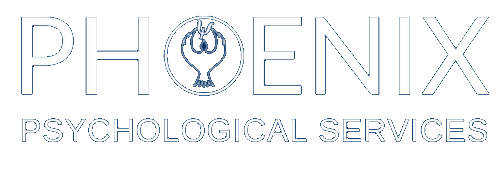The Key to Collaborative Conversations
Human beings have language programmed into our DNA, so you would imagine that the art of conversation should be as easy as breathing, yet there are many occasions we find ourselves practicing what we are planning to say, stumbling over our words or just hitting the other person with our point of view – right between the eyes. When faced with difficult conversations, many of us just clam up or speak in an argumentative manner, trying to prove our point at the expense of the other person.
What makes a conversation difficult is the emotion that lies underneath it. This workshop explores a range of different tools we can use to help manage the emotion and move discussions towards a constructive outcome that address the needs of the individual and the team.

The key problems with our Western mode of problem solving tends to be our “what’s not working – how can we fix it/ or you” mode of questioning and our lack of unity in our thinking. Each person becomes involved in the conversation from a different point of view – like the blind men describing what an elephant looks like each reports from a different perspective. The result is chaos as each person argues the facts as they see them and becomes frustrated with everyone else – argument ensues without constructive problem solving. Combining David Cooperiders Appreciative Inquiry principles and the Edward De Bono’s Six Thinking Hats model, this workshop defines how solution focused positive questioning and parallel thinking can be used to streamline difficult conversations.
By the end of the workshop participants will:
- have insights into the difference between a critical thinking problem focused paradigm and strength based solution focused paradigm for communication;
- be able to apply some simple methods to reduce the emotional content of a difficult conversation;
- be able to define and apply De Bono’s parallel thinking model;
- understand how to ask positive curious questions that uncover others needs and their positive core; and
- be able to move an individual or group “difficult” conversation, to a “collaborative” conversation.
No current dates have been scheduled for this workshop.
If you would like to express and interest or to book an inhouse workshop:

